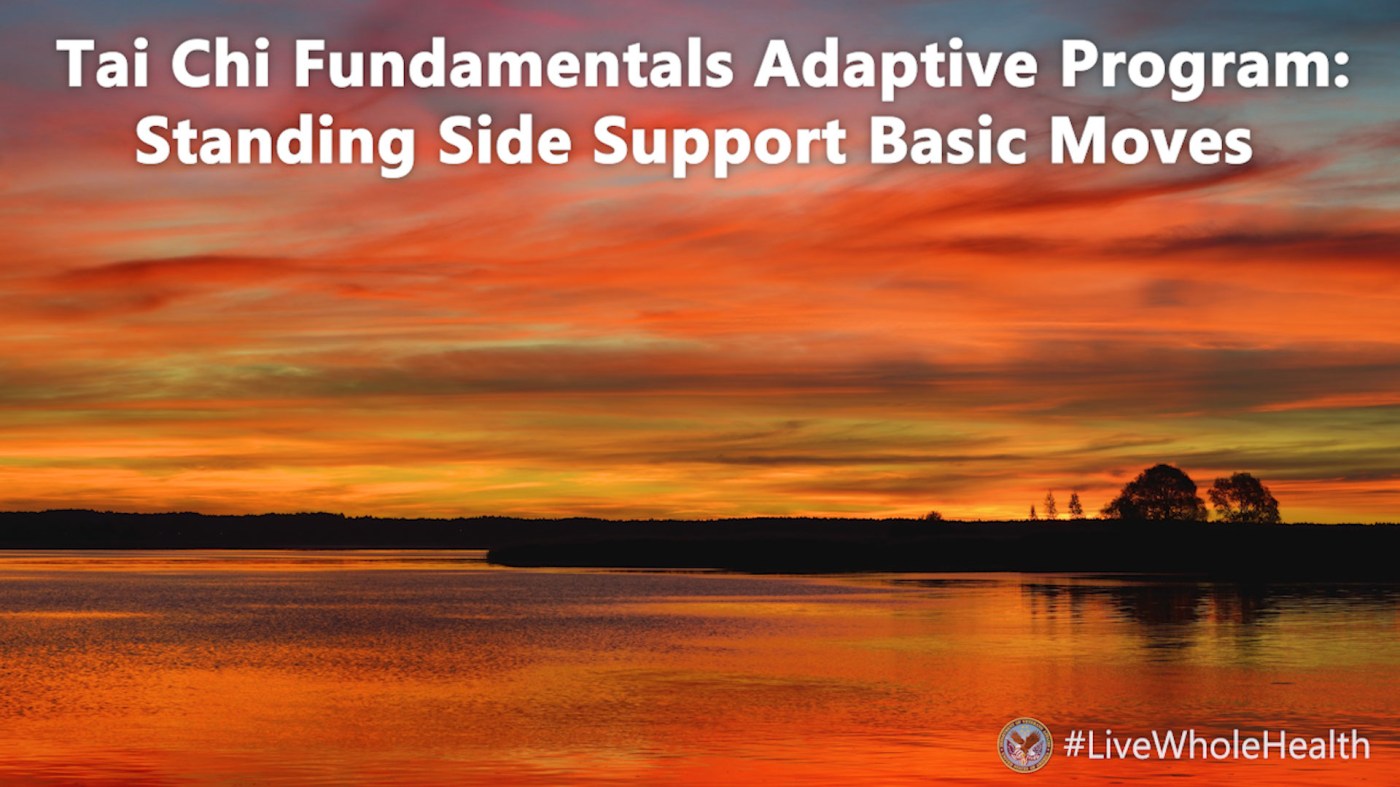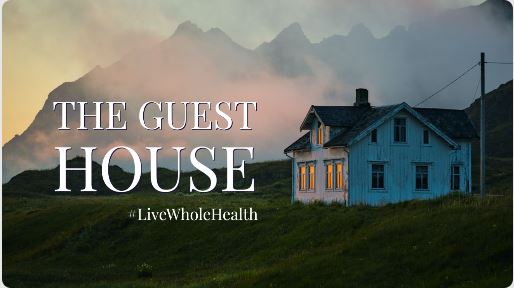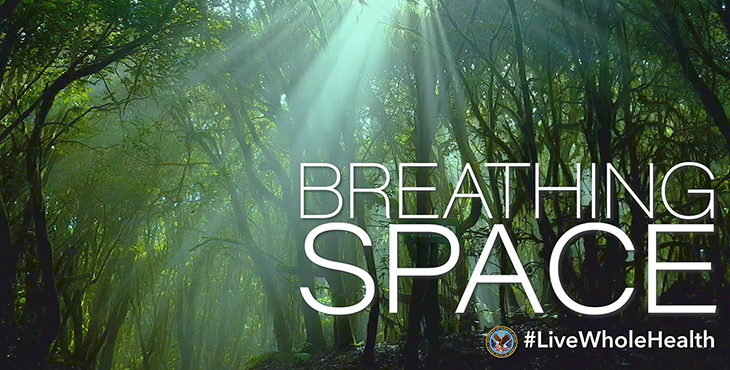In some cultures, not having to work and having leisure time is a sign of success. As Americans, we are often more impressed with people who are always working and “getting things done.” We often brag when we say we’re not able to rest because there’s too much on our plate. Have you ever heard someone say, “I’ll sleep when I die?”
As a Health Behavior Coordinator who often spoke with people about rest and recharge, “I don’t have time for that” was the most common reason Veterans gave me for not practicing relaxation techniques.
One of the best things we can do for our health is to allot time to rest and relax. Regular periods of relaxation decrease our heart rate and blood pressure, improve our sleep, help maintain normal blood sugar levels, reduce stress hormones, improve our concentration and mood, and so much more.
Do you have time for rest and relaxation, but instead spend that time on other things? Consider keeping a log of where you spend your time each day: write down how much time you spend working, watching television, surfing the internet, and so on. I bet you’ll find 5-10 minutes in the day when you could practice mindful breathing, visual imagery, progressive muscle relaxation, or any other restful practice that interests you. If you do this on a regular basis, you will begin to see some health benefits. And you don’t even have to tell anyone you are resting and relaxing if you don’t want to!
We invite you to spend five minutes with Dr. Tracy Gaudet as she guides us through a 5-minute Mental Muscle Relaxation exercise.
While we are talking about relaxation, we should also think about how to get better sleep at night. Here are some ways you can start to unwind and get a better night’s rest:
- Keep a regular sleep schedule. Do not take naps.
- Avoid caffeine, alcohol, and tobacco, especially after noon.
- Do not spend lots of time in bed while you are awake.
- Don’t watch the clock. This can make you more awake.
- Make your bedroom comfortable. Also keep it dark.
- Have a consistent bedtime routine.
For more ideas, refer to the handout “Change Your Habits to Sleep Better”: https://www.va.gov/WHOLEHEALTH/veteran-handouts/docs/HealthySleep_Final508_07-25-2019.pdf
Recharging involves getting enough rest, relaxation, and sleep. A good balance of these can improve your physical and emotional health. For more information on the importance of recharging visit: https://www.va.gov/WHOLEHEALTH/circle-of-health/recharge.asp
Marc Castellani, Ph.D., NBC-HWC, is the whole health clinical education coordinator for the VHA Office of Patient Centered Care and Cultural Transformation.
Topics in this story
More Stories
Forget 'No Pain, No Gain'—try 'No Pain, More Gain' with Tai Chi! Calm the mind and gift yourself well-being in this week's #LiveWholeHealth practice.
Rumi’s "The Guest House" invites us to welcome each emotion as a teacher, even the unexpected ones. Listen and reflect for this week's #LiveWholeHealth practice.
Your breath is the most loyal friend you've always had. Connect, calm and heal with mindful breathing in this week's #LiveWholeHealth practice.






